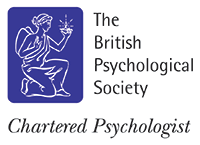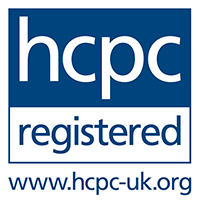Regulation & Codes of Conduct for Psychologists
- Instructed Psychologists should be registered with the Health & Care Professionals Council (HCPC) or the British Psychological Society (BPS) and use their protected title
- If an expert is instructed who is not subject to UK professional standards or regulation should meet the criteria as set out in the FJC standards document for overseas experts
Codes of Conduct
- Psychologists should operate within the ethical principles and Codes of Conduct of their UK statutory and/or professional body and clearly state by which they are governed
- Those regulated by the HCPC are obliged to meet standards of performance and ethics set down in Standards of conduct, performance and ethics, Health and Care Professionals Council
- Those registered by the British Psychological Society are guided by the standards set out in the BPS’s Code of Ethics & Conduct
- Psychologist’s giving evidence in Family Courts must adhere to the Family Practice Regulations
- In the family courts, issues of confidentiality, consent and vulnerability and the consequences of an adverse opinion need to be address. Whether a child or adult, the Psychologist maintains a duty of care to the individual being assessed
- It is the Psychologist’s duty to ensure that an assessment is completed within a suitable number of hours, in an ethically sound manner with a fit for purpose outcome
- Due to the range and complexity of the types of assessments commissioned by The Family Courts, it is not possible to offer precise models of appropriate hours needed by the Psychologist to complete a given task. However, ranges have been provided in Appendix 3 of the proposal document which apply generally to high frequency assessments
- Written evidence must be succinct, focused, evidence based and analytical but with sufficient detail to explain or justify the conclusions drawn






